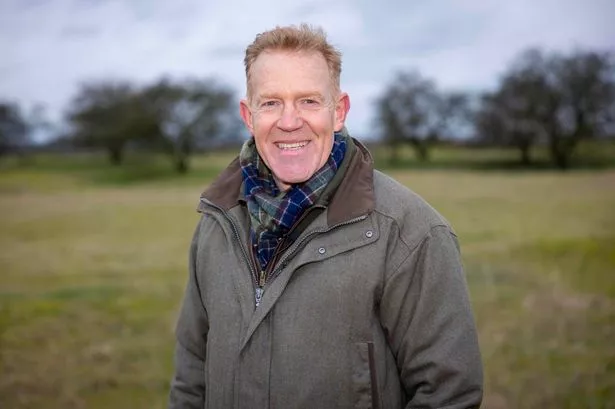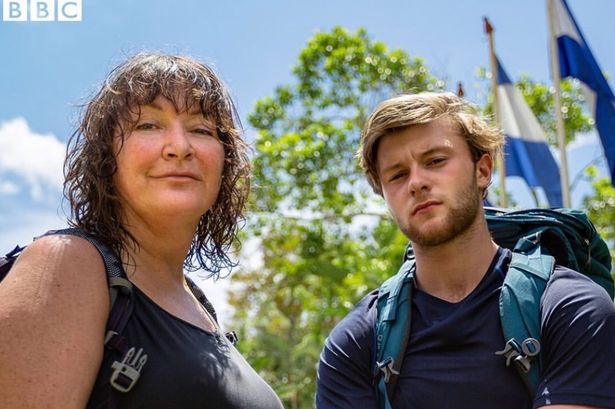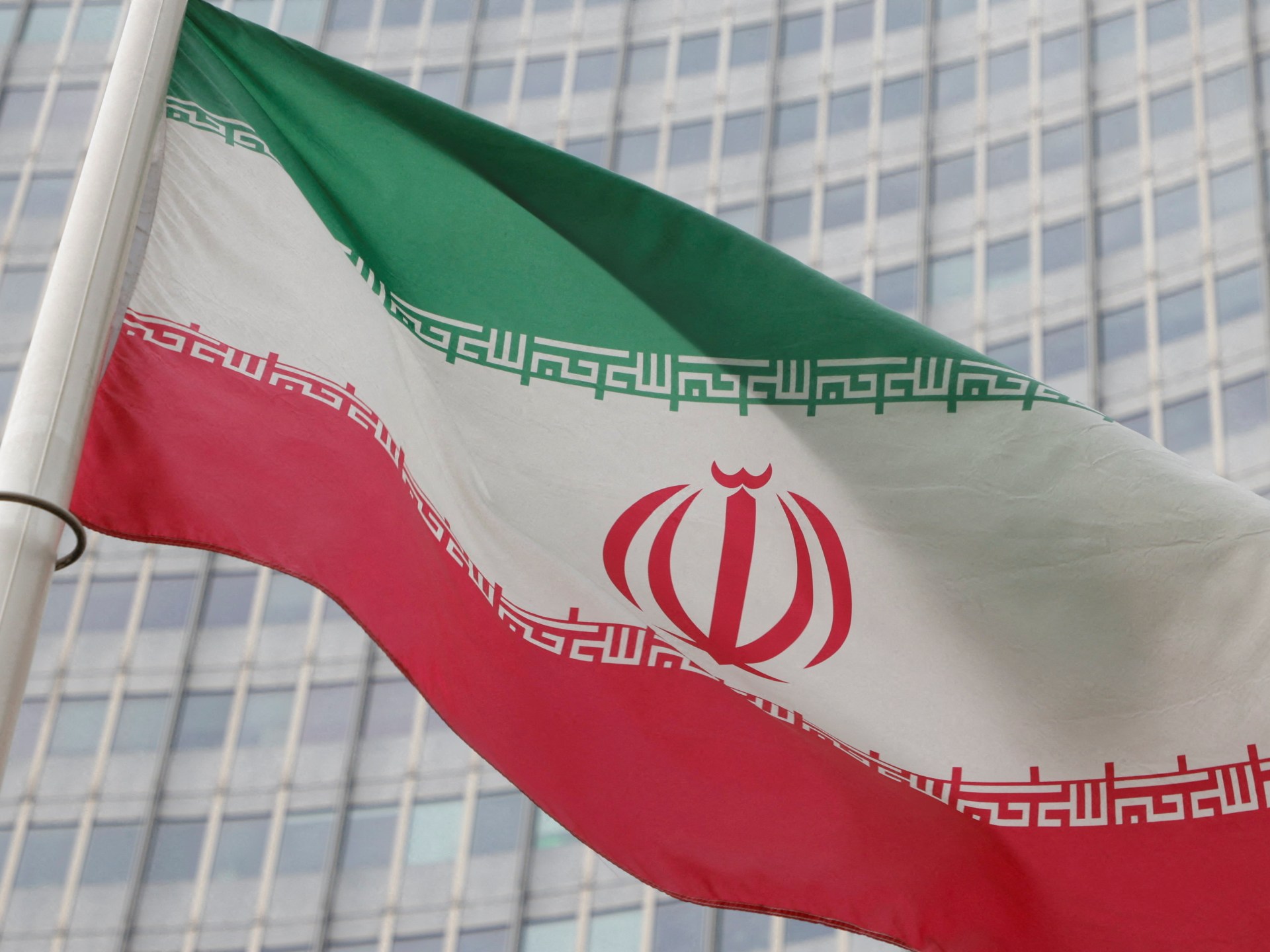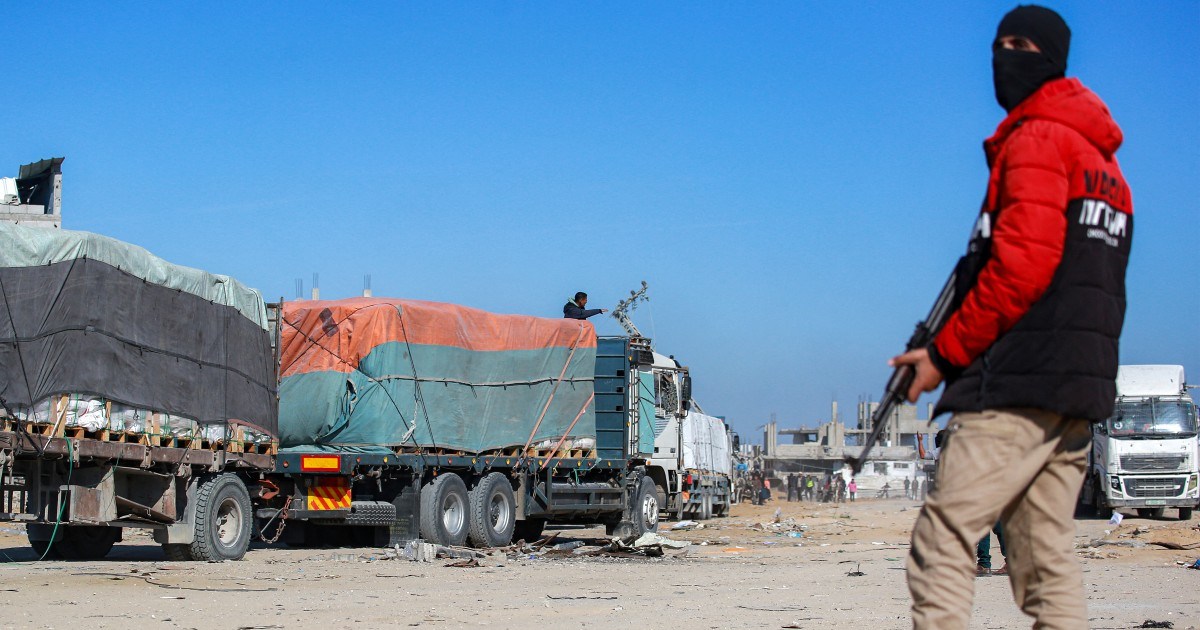For months, Israel and its defenders have insisted that Hamas is stealing humanitarian aid. They used that claim to justify the starvation of two million people in Gaza – to bomb bakeries, block food convoys and shoot desperate Palestinians waiting in bread lines. We were told this was a war on Hamas and ordinary Palestinians were just caught in the middle.
Now we know the truth: Israel has been arming and protecting criminal gangs in Gaza that engage in stealing humanitarian aid and terrorising civilians. One group led by Yasser Abu Shabab, which is reportedly linked to extremist networks and has engaged in a variety of criminal activities, is directly receiving weapons from Israeli Prime Minister Benjamin Netanyahu’s government.
And Netanyahu is proudly admitting to it. “What’s wrong with that?” he said when confronted. “It saves the lives of [Israeli] soldiers.”
What’s wrong? Everything.
This isn’t just a tactical decision – it’s an admission of true intent. Israel never wanted to protect Palestinian civilians. It wants to break them. Starve them. Turn them against each other. Then blame them for the resulting chaos and suffering.
This strategy isn’t new. It’s colonialism 101: create anarchy, and then use it as proof that the colonised cannot govern themselves. In Gaza, Israel isn’t just trying to defeat Hamas. It’s trying to destroy any future in which Palestinians might govern their own society.
For months, Western media repeated the unverified claim that Hamas was stealing aid. No evidence was shown. The United Nations repeatedly said there was no proof. But it didn’t matter. The story served its purpose – it justified the blockade. It made starvation look like a security tactic. It made collective punishment look like policy.
Now the truth is out. The gangs terrorising aid routes were the ones Israel supported. The myth has collapsed. And yet where is the outrage?
Where are the stern statements from the governments of the United States and United Kingdom – the same ones who claimed to care about humanitarian delivery? Instead, we are getting silence. Or worse – a shrug.
Netanyahu’s open admission isn’t just arrogance. It’s confidence. He knows he can say the quiet part out loud. He knows Israel can violate international law, arm criminal gangs, bomb schools, starve civilians – and still be welcomed on the world stage. Still receive weapons. Still be praised as an “ally”.
This is what total impunity looks like.
And this is the cost of believing Israel’s PR machine – of letting it pose as a reluctant occupier, a humane military, a victim of circumstance. In truth, it’s a regime that doesn’t just tolerate war crimes – it engineers them, funds them and then uses them as propaganda.
It’s not just a war on Palestinian bodies, homes or even survival. It’s a war on the Palestinian dream – the dream of ever having a state, of building a future with dignity and self-determination.
For decades, Israel has systematically worked to prevent any form of cohesive Palestinian leadership. In the 1980s, it quietly encouraged the rise of Hamas as a religious and social counterweight to the secular Palestinian Liberation Organization (PLO). The idea was simple: divide Palestinian politics, weaken the national movement and fragment any push for statehood.
Israeli officials believed that supporting Islamist organisations in the occupied West Bank and Gaza would create internal conflict among Palestinians – and it did. Tensions between Islamist and secular groups grew and resulted in clashes on university campuses and in the political arena.
Israel’s policy wasn’t driven by a misunderstanding. It was strategic. It knew that empowering rivals to the PLO would fracture Palestinian unity. The goal wasn’t peace – it was paralysis.
That same strategy continues today – not just in Gaza but in the occupied West Bank too. The Israeli government is actively dismantling the Palestinian Authority’s (PA’s) ability to function. It withholds tax revenues that make up the majority of the PA’s budget, bringing it to the brink of collapse.
It protects settler militias attacking Palestinian villages. It conducts daily military raids in PA-administered cities, humiliating its forces and making them look powerless. It blocks international diplomatic efforts by the PA while mocking its legitimacy.
And this policy doesn’t stop at the boundaries of the occupied territory. Inside Israel, Palestinian citizens face a similar tactic: intentional neglect, impoverishment and engineered chaos. Crime is left to spiral out of control in their communities while infrastructure and services are underfunded. Their economic potential is stifled – not by accident, but by design. It’s a quiet war on Palestinian identity itself: a strategy of erasure that aims to turn Palestinians into a silent, faceless minority stripped of rights, recognition and nationhood.
By engineering instability and then pointing to that instability as proof of failure, Israel writes the script and blames us for living it.
This is not just military policy – it’s narrative warfare. It’s about ensuring that the Palestinian people are forever seen not as a nation striving for freedom but as a threat to be contained.
Israel thrives on chaos because chaos discredits Palestinian agency. It allows Israel to say, “Look, they can’t govern themselves. They only understand violence. They need us.”
It’s not just brutal. It’s deeply calculated.
But Gaza and the West Bank are not a failed state. They are places that have been systematically denied the chance to become one.
Gaza is my home. It’s where I grew up. It’s where my family still clings to life. They deserve better – better than a colonial regime that bombs them, starves them and funds the very people stealing their food.
The world must stop treating Gaza and the West Bank as testing grounds for military doctrine, propaganda and geopolitical indifference. The people of Palestine are not a failed experiment. They are a besieged people, relentlessly denied sovereignty. And still, they try – to feed their children, bury their dead and remain human in the face of dehumanisation.
If Netanyahu’s government can admit to arming criminal gangs and still face no consequences, then the problem is not just Israel. It is us – the so-called international community that rewards cruelty and punishes survival.
What’s needed – urgently – are concrete actions to protect Palestinian lives and safeguard the right to Palestinian statehood before it is erased entirely. Threats to recognise a Palestinian state just won’t do.
If the world continues to look away, it’s not only Palestine that will be destroyed – it’s the very credibility of international law, human rights and every moral principle we claim to stand for.










